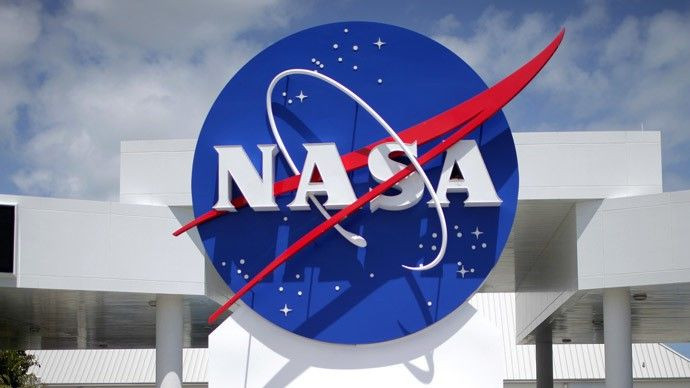A House-Sized Asteroid Flew Frighteningly Close To The Earth [Watch Video]

An asteroid flew frighteningly close to the Earth at 2:18 pm ET on Sept. 7, when it passed over New Zealand. The asteroid measured 60 feet in diameter and passed between the Earth and the Moon at just 25,000 miles away. The distance that the asteroid had with the Earth was one-tenth of the distance between the Earth and the Moon.
The asteroid, named 2014 RC, is the size of a house and flew really close to the orbit of the satellites of Earth, which are the providers of vital communication, reported ABC News. Around 22,300 miles above the Earth's surface, there is a geosynchronous ring of communication and weater satellites.
The visit of 2014 RC comes as no surprise because there are thousands of near-Earth objects that have been discovered with yet a few more thousands undiscovered.
National Aeronautic and Space Administration had said that the asteroid would pose no threat and would be too dim to be seen with the naked eye. NASA added that the close approach of the asteroid creates an opportunity for the researchers to learn more about the asteroids by observing them.
Initially, the asteroid was discovered on Aug. 31 near Tucson in Arizona by the Catalina Sky Survey. Though it was close, it wasn't the closest that an asteroid has come to Earth as in Feb. 2013. The Asteroid 2012DA 14, which was 65 feet in diameter just 5 feet bigger than Asteroid 2014 RC, missed the Earth by 17,200 miles.The shock from the collision was estimated to have 30 times the energy of the Hiroshima atomic bomb. It blasted out windows and caused damage to the buildings, injuring more than a thousand people. On the same day, an unexpected meteor collided into Cherlyabinsk in Russia, which was captured by many people.
Ed Lu, a former astronaut, has come up with B612 Foundation to come out with a plan to spot unexpected asteroid encounters before it becomes too late. He said that they have evidence that the meteors will continue to hit our planet. He added that first they need to find the meteors and then alter their orbit.
At present, NASA is tracking more than 11,000 asteroids that are relatively close to the Earth.
YouTube/ Gian Masi




















